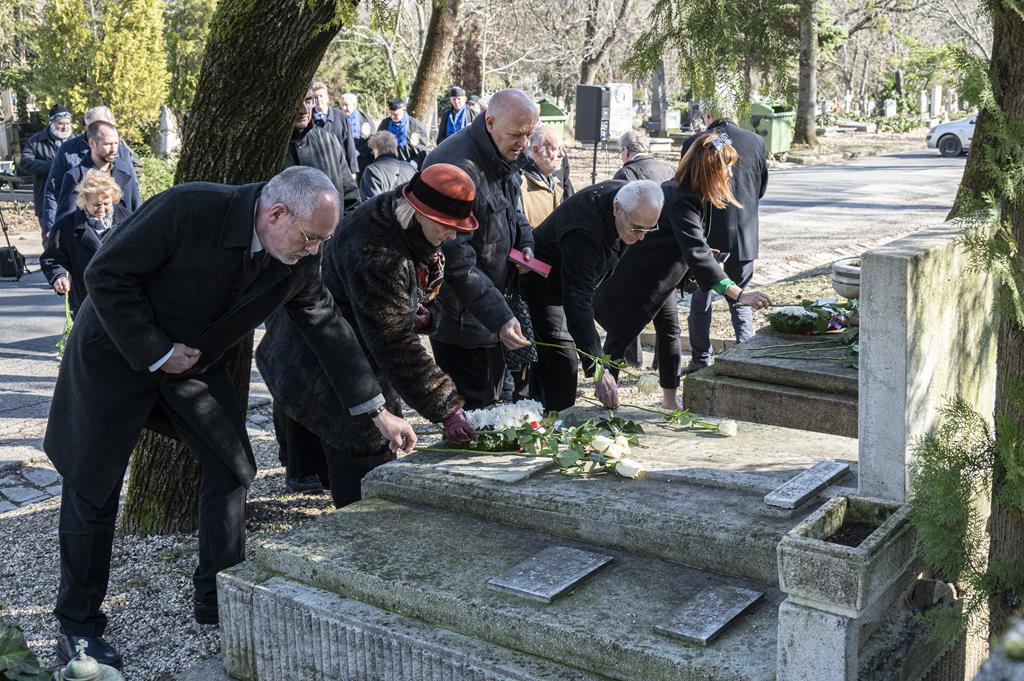The National Heritage Institute on Tuesday held a commemoration in honour of the civilian victims of the siege of Budapest during the second world war, which ended 79 years ago.
Addressing the commemoration, Miklós Dukai, state secretary at the public administration and regional development ministry, said the nation was still feeling the deep scars left by the siege.
He said this day was meant to honour those Budapest residents, mainly women, children and the elderly who were caught between the warring sides.
During the siege, the capital’s food supply stopped and the city was threatened by an epidemic, Dukai said. The destruction of the bridges on the River Danube made it almost impossible to cross between the city’s Buda and Pest sides, he said, adding that some 500 civilians died in the destruction of Margaret Bridge alone.
More than 38,000 civilians died during the siege of Budapest, and more than 15,000 Jewish Hungarians were victims of persecution by the Nazis and Hungary’s Arrow Cross party, he said.
Gábor Móczár, director-general of the National Heritage Institute, said the siege had done “inconceivable” damage in the city as well as in families, as it caused the meaningless deaths of mothers, fathers and children.
After the commemoration, the event’s participants laid wreaths at the two symbolic graves honouring the memories of those who died in the destruction of the Regent House in the 2nd district and residential buildings in Vitéz Street 2 and Fő Street 59.
Read also:
please make a donation here
Hot news
Exports and imports both down in Hungary – official data
Brand new Budapest Airport Hotel is on its way – astonishing VISUALS
11 EP lists to compete in Hungary on 9 June
Masses on Péter Magyar’s rally in the “capital of Fidesz” today – PHOTOS
What happened today in Hungary? – 5 May, 2024
PHOTOS: March of the Living in Budapest




